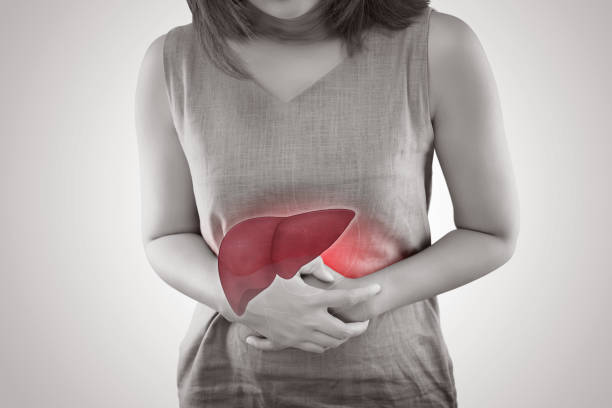Liver disease, also known as hepatic disease, is a condition that affects the normal functioning of the liver. The liver is a vital organ that is responsible for several critical functions, including the production of bile, the processing of nutrients, and the elimination of harmful substances from the body. When the liver is damaged or not functioning properly, a variety of symptoms can occur.
Symptoms of Liver Disease
One of the most common symptoms of liver disease is jaundice. Jaundice occurs when there is an accumulation of bilirubin in the blood, causing a yellowing of the skin and whites of the eyes. This yellowing is a result of the liver’s inability to process and excrete bilirubin. Jaundice is often accompanied by dark urine, pale stools, and itching.
Fatigue is another common symptom of liver disease. The liver plays a crucial role in converting food into energy, and when it is not functioning properly, the body may not have enough energy to perform daily activities. This can result in feelings of fatigue and weakness.
Abdominal pain is another common symptom of liver disease. The pain can be a result of swelling or inflammation in the liver, or it can be caused by the buildup of fluid in the abdomen. This fluid buildup, known as ascites, can put pressure on the abdomen and cause discomfort and pain.
Weight loss is another symptom of liver disease. The liver plays a critical role in the processing of nutrients, and when it is damaged, the body may not be able to effectively absorb and utilize these nutrients. This can lead to weight loss, as the body is not getting enough energy from the food it is consuming.
In addition to these symptoms, liver disease can also cause other symptoms such as nausea, vomiting, and confusion. The severity of these symptoms can vary depending on the underlying cause of the liver disease and the extent of liver damage.
Treatment for Liver Disease
The treatment of liver disease will vary depending on the underlying cause of the condition. Some common treatments for liver disease include medication, lifestyle changes, and, in severe cases, surgery.
Medications are commonly used to treat liver disease. These medications can help to reduce inflammation, slow the progression of liver damage, and improve liver function. Some common medications used to treat liver disease include antivirals, antifibrotics, and immunosuppressants.
Lifestyle changes are also important in the treatment of liver disease. These changes may include adopting a healthier diet, reducing alcohol consumption, and maintaining a healthy weight. Exercise is also important for improving liver function and reducing the risk of further liver damage.
In severe cases of liver disease, surgery may be necessary. Common surgical procedures for liver disease include liver transplantation, shunt surgery, and liver resection. These procedures can help to improve liver function and slow the progression of liver damage.
Conclusion
Liver disease is a condition that affects the normal functioning of the liver. The symptoms of liver disease can range from mild to severe and can include jaundice, fatigue, abdominal pain, and weight loss. The treatment of liver disease will vary depending on the underlying cause of the condition and may include medications, lifestyle changes, and, in severe cases, surgery. If you are experiencing symptoms of liver disease, it is important to seek medical attention as soon as possible to ensure prompt and effective treatment.

 Home
Home Health
Health Diet & Nutrition
Diet & Nutrition Living Well
Living Well More
More












